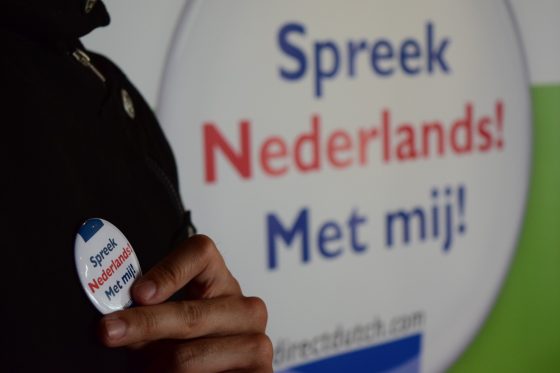Most councils don’t get tough on welfare claimants who don’t speak Dutch
 Local councils are not doing enough to ensure that people who don’t speak good Dutch and are claiming welfare benefits (bijstand) are improving their language skills to help them get a job, junior social affairs minister Tamara van Ark has told parliament in a briefing.
Local councils are not doing enough to ensure that people who don’t speak good Dutch and are claiming welfare benefits (bijstand) are improving their language skills to help them get a job, junior social affairs minister Tamara van Ark has told parliament in a briefing.
Councils have been required by law to cut benefits if people don’t make an effort to learn the language since 2016. However, many are failing to do this, despite the importance of language skills in finding work, Van Ark told MPs.
The law allows councils to cut benefits by 20% for six months, followed by 40% for a further six months. After a year, the claimant can lose their benefits altogether.
Research for the social affairs ministry carried out by national statistics agency CBS shows that in the first half of 2017, just 20 local councils had cut benefits of welfare claimants who did not make an effort to learn Dutch, and 50 people in total were affected.
It is unclear how many people who are claiming welfare benefits without speaking proper Dutch. The 110 local councils which took part in the CBS survey had an average of 66 claimants but 30 councils said they had none, and 30 said more than 100.
Van Ark told MPs that she plans to meet local authority leaders after the March 21 local elections to make new agreements forcing councils to get tough on language skills.
Thank you for donating to DutchNews.nl.
We could not provide the Dutch News service, and keep it free of charge, without the generous support of our readers. Your donations allow us to report on issues you tell us matter, and provide you with a summary of the most important Dutch news each day.
Make a donation